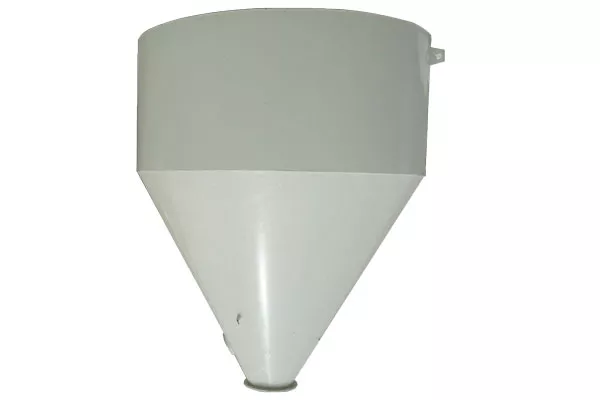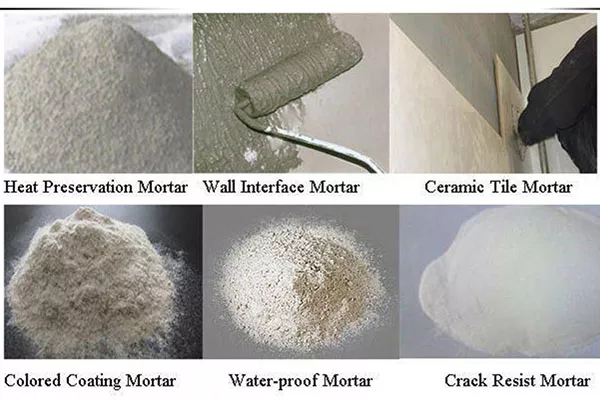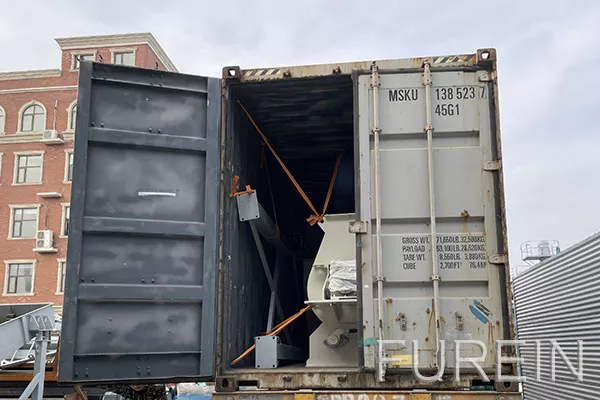What is wall putty powder?
Before delving into the wall putty manufacturing plant and its costs, let us first understand what it is and its benefits. Wall putty is a fine powder made from white cement, polymer binders, and fillers. It acts as a base coat that fills up tiny pores in plastered walls. It improves the quality, durability, and overall appearance of walls by making them smooth and ready for painting. Moreover, wall putties resist cracks, dampness, and other environmental factors.

How to choose a good factory site for wall putty manufacturing?
Choosing the right location for a wall putty manufacturing plant is crucial for the success and profitability of the business. Some factors to consider when selecting a good factory site include the following:
1. Convenience: A good plant site should be close to raw material suppliers, distribution networks, and target markets. A convenient location can help reduce transportation costs and shorten delivery times, which benefits both the manufacturer and the customer. Of course, rent is also essential.
2. Infrastructure and Utilities: The availability of electricity, water, and other utilities is crucial for any manufacturing process. A good factory site should consistently supply these essential services to avoid production delays and extra costs.
3. Zoning and Government Regulations: Check if the proposed location is zoned and regulated for industrial use. Ensure the site complies with all safety, environmental, and health regulations set by local, state, or national authorities.
4. Workforce availability: A good factory site should be located near a skilled and trainable labor pool. The site should be in a location that makes it easy for employees to commute so that you can attract a more qualified workforce.
5. Economic Incentives: It’s worth considering locating your factory in an area with economic or tax incentives. Governments often provide incentives to attract industries to specific regions. Hence, you can explore such opportunities to reduce startup and operating costs.
6. Competitive Advantage: Is the proposed location near competitors or a potential market? Ensure that the business’s chosen site can provide a competitive advantage over other manufacturers in the industry.
Manufacturing wall putty requires specific infrastructure and resources. The selected location should have easy access to raw materials, preferably a cement factory and other construction materials. Wall putty manufacturing is a continuous process; therefore, the operational site should be spacious enough to accommodate all manufacturing equipment and materials and provide ample space for storage and expansion.
What raw materials are needed to produce wall putty powder?
Wall putty is a versatile material used in building construction for filling cracks or holes in walls and ceilings. A powder-based substance requires mixing with water or other liquid to form a paste. The following are some of the essential raw materials needed to produce wall putty powder:
1. White cement is an essential ingredient for wall putty production. It gives the putty a white color and provides excellent binding properties.
2. Talcum powder – Talcum powder is used as a filler material in wall putty production. It improves the thickness, smoothness, and coverage of the putty.
3. Titanium Dioxide – It is a white and opaque pigment used in wall putty production to enhance the whiteness of the putty.
4. Polymers – Polymers such as acrylic and vinyl acetate emulsions are added to wall putty to enhance adhesive properties and water resistance.
5. Calcium carbonate is a commonly used filler material in wall putty production. It is used to improve the putty’s strength and hardness.
6. Sand – Silica sand is added to wall putty to improve its smoothness and reduce shrinkage during drying. Please note: If the moisture content of your sand is higher than 5%, then you will need a sand dryer to dry the sand quickly.
If you have a wall putty powder recipe, it will tell you the raw materials you need to produce the putty powder.
Wall putty manufacturing plant cost
The cost of setting up a wall putty manufacturing plant can vary depending on several factors, such as the size of the plant, the location of the plant, and the type of equipment used. Here are some estimated costs for setting up a wall putty manufacturing plant:
– Small-scale plant: This type of plant can cost between $10,000 to $50,000, depending on the equipment used. It can produce around 5-10 tons of putty per day.
– Medium-scale plant: Setting up a medium-scale plant can range between $50,000 to $200,000. It can produce 10-50 tons of putty per day.
– Large-scale plant: This type of plant requires a significant investment, ranging from $200,000 to $500,000 or more. It can produce more than 50 tons of putty per day.
These costs are estimates and can vary depending on the specific requirements of your plant. To determine the exact wall putty manufacturing machine costs involved, conducting a detailed feasibility study is essential before setting up a wall putty manufacturing plant.
Which wall putty manufacturing plant should I choose?
You can choose the equipment according to your budget and factory size; if you do not know how to choose instead, please get in touch with us; we are a professional dry mix mortar plant manufacturer and supplier, and we will provide a variety of solutions for you, such as dry mix mortar plant, tile adhesive manufacturing plant, ready mix plaster plant, road marking paint plant, Skim Coat Mortar Production Line, etc.
How should I choose a reliable wall putty manufacturing plant supplier?
1. Reputation: Research the supplier’s reputation by reading reviews from previous customers or browsing their website.
2. Quality of machine: Visit the factory to see the production process, see the quality of the machines already produced and visit their production site.
3. Price: Compare prices of different suppliers to find the most reasonable and competitive rate.
4. Manufacturing Capacity: Check the manufacturing capacity of the supplier to ensure they can meet your production needs.
5. Customer Service: Choose a supplier who provides excellent customer service and support, such as timely delivery, after-sales service, and technical support.





